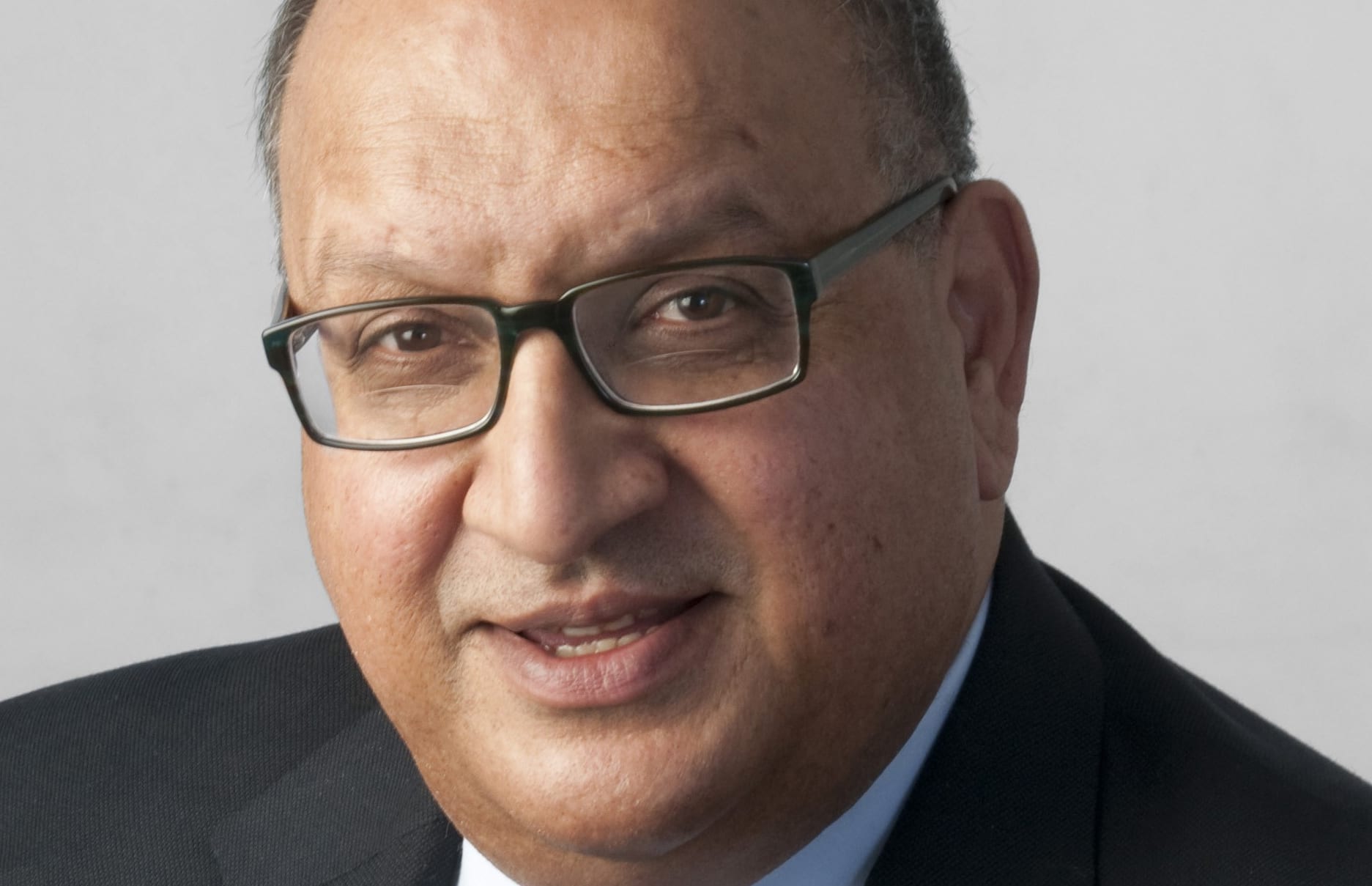The man heading an inquiry into abuse in state care is urging the public to make submissions on its terms of reference.

Photo: gg.govt.nz
Over the weekend the Royal Commission of Inquiry into Historical Abuse in State Care launched a major public awareness campaign seeking community in-put into what the scope and limitations of the three-year inquiry should be.
The commission's chair, Sir Anand Satyanand, said the legacy of neglect and abuse some people suffered in state care was a stain on the country's history and it was important the terms of reference reference represented the community's view.
He told Nine to Noon it is the first time a Royal Commission has sought the public's feedback on what it should cover because in the past the government would produce the terms of reference, announce the commissioners and commission hearings would then start.
"Now we've reached the point where a broader scope of connection with the public can occur, hence the advertisements and from today we will receive [community] feedback."
"I will continue my connection with members of the public and I really want to reach out beyond those in the main cities to listen to viewpoints in the community groups so when the terms of reference are presented to the government it will have the benefit of having ... solicited views about the importance of things from them."
Sir Anand said as well as hearing from those who were abused, he would also like to hear from their families and also staff members who worked into the institutions being scrutinised.
The government has restricted the inquiry to state institutions, but the Catholic and Anglican churches have both said they would like to be included in it.
However, Sir Anand said the focus of his inquiry has always been on abuse in state care and the government has accepted a responsibility to look at those state institutions that had responsibility for those people, whether under the Child Welfare Act, or the Children and Young Persons legislation later.
"Therefore those in other institutions, for example church ones, are in a different category... but I will be required to listen to [their] arguments and their strength and weigh them in my report to the government.
"The view so far is if it is restricted to the state as we've been seeking, there is a clarity of purpose and the ability to start in the middle of this year and look at people who were involved in those institutions at that time.
"There may be spin-offs. There may be at the end of that a need to think of those other people, but there is clarity of purpose that makes this piece of work manageable within a relatively limited period of time."
"To take it beyond that and think they'll let us in New Zealand do something like they did in Australia will mean a much longer commission and much more time and much, much more money."
Regarding the terms of reference, Sir Anand said the government has given him a completely free hand in developing those.
He said already he could see some things which needed to be changed, for example including reference to the Treaty of Waitangi, but right now his focus was on listening to the public about the things it thinks ought to be there.
"I have the obligation to weigh the strength of the arguments and I have a legal and judicial background to assist me in that, access to legal counsel and my report in a few weeks time will address that."
Those making submissions can indicate whether they want theirs to remain confidential.
Submissions can be made in any of the following ways:
Email:abuseinstatecare@royalcommission.govt.nz
Post: PO Box 10071, The Terrace, Wellington 6143
Free phone 0800 222 727 will be available from 8.30am Tuesday 3rd April.
Public submissions close on 30 April.

